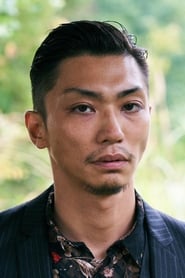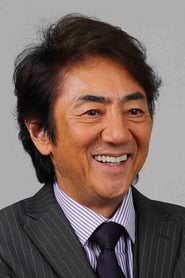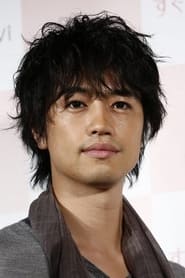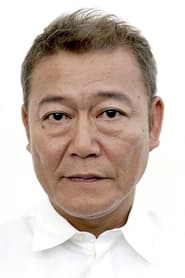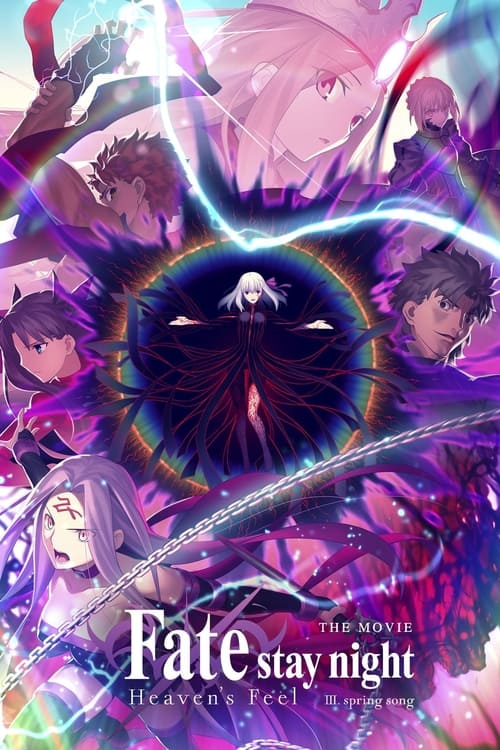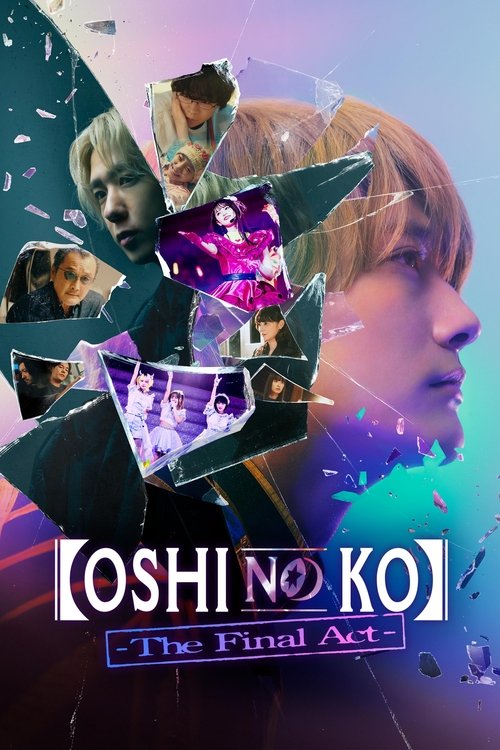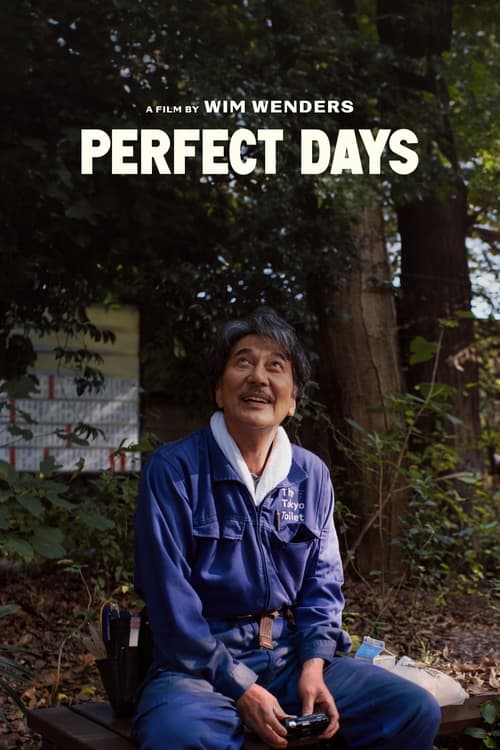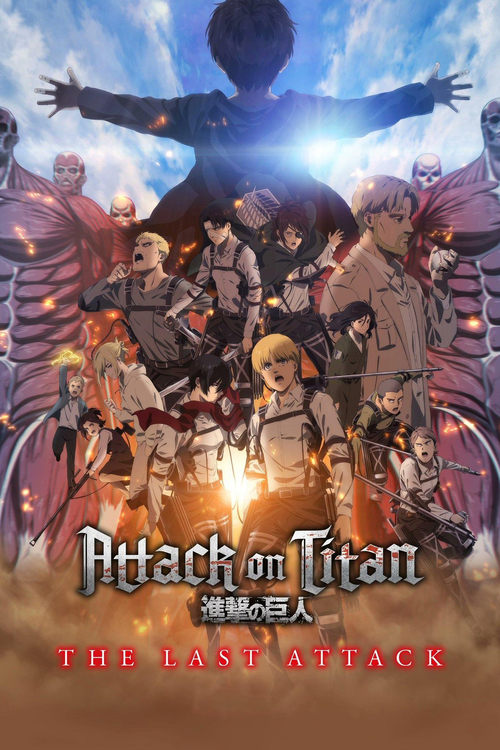
Ask Your Own Question
What is the plot?
Bushido (2024), directed by Kazuya Shiraishi and written by Masato Kato, unfolds in late Edo-period Japan, centering on Kakunoshin Yanagida, a once-proud samurai who has been exiled from his clan due to a false accusation. The film opens with Yanagida living a modest and subdued life in Edo alongside his daughter Okinu, having lost his status and honor. Despite his fall from grace, Yanagida remains deeply committed to the samurai code, or bushido, which governs his sense of morality and personal conduct.
The story begins in media res, with Yanagida engaging in a game of Go at a local tavern, a pastime that reflects his strategic mind and cultural refinement. During one match, he faces Genbei Yorozuya, a shrewd and somewhat unscrupulous businessman struggling financially. Yanagida deliberately surrenders the game, an act that puzzles the onlookers and frustrates Genbei. Later, Genbei approaches Yanagida to understand his unexpected concession, leading to a conversation that prompts Genbei to reconsider his own approach to life and business. This interaction sets a tone of complex moral interplay and foreshadows the intertwining of personal honor and economic survival in the narrative.
Meanwhile, Yanagida's daughter Okinu begins to develop feelings for Yakichi, Genbei's assistant, adding a layer of personal stakes and emotional depth to the story. However, the fragile peace is shattered when a figure from Yanagida's past arrives, revealing the truth behind the false accusation that led to his exile. It emerges that Hyogo Shibata, a rival clan member and longstanding nemesis, orchestrated a scheme involving stolen clan scrolls to frame Yanagida. This betrayal not only destroyed Yanagida's reputation but also drove his wife to suicide, a tragedy that haunts him and fuels his desire for vengeance.
As rumors swirl and suspicions arise, Yanagida faces further disgrace when Yakichi accuses him of stealing 50 ryo, a significant sum of money. This accusation deeply wounds Yanagida's pride and threatens to push him toward seppuku, the ritual suicide that samurai undertake to preserve honor. His daughter Okinu intervenes, pleading with him to reconsider, highlighting the tension between rigid adherence to bushido and the human cost of such strict codes. To help clear his father's name and repay the debt, Okinu borrows the 50 ryo from Okou, a stern yet compassionate brothel owner, agreeing to work for her if the loan remains unpaid. This arrangement underscores the precariousness of their situation and the sacrifices they must endure.
Determined to restore his honor and seek justice for his wife's death, Yanagida embarks on a perilous quest to confront Shibata. Along the way, he navigates the evolving social and economic landscape of feudal Japan, where traditional samurai values clash with emerging capitalist practices. The film meticulously portrays this historical context through detailed costumes, settings, and cultural practices, such as the prominence of Go and the shifting sources of wealth beyond agriculture.
Yanagida's journey culminates in a tense and dramatic confrontation with Shibata. The encounter is charged with personal and moral conflict, as Yanagida grapples not only with his enemy but also with the implications of his unwavering loyalty to bushido. The narrative explores the destructive consequences of rigid moral systems, as Yanagida begins to question whether the demands of revenge and honor truly serve justice or merely perpetuate suffering.
Throughout the film, Yanagida's character evolves from a man bound by strict codes to one who recognizes the limitations and human costs of such adherence. His daughter Okinu's efforts to save him from seppuku and her willingness to sacrifice herself to repay the debt highlight the complex interplay of duty, love, and survival. The story does not shy away from depicting the harsh realities of the era, including the social stigma faced by women and the brutal enforcement of honor codes.
The climax features a poignant moment where Yanagida confronts the moral machinery of bushido itself, questioning the righteousness of a system that demands self-destruction and vengeance at the expense of personal desire and humanity. This internal conflict is mirrored in the external struggle against Shibata, whose treachery embodies the corruption and cruelty Yanagida seeks to overcome.
In the final scenes, Yanagida's quest for vindication reaches a resolution that balances justice with a nuanced understanding of honor. While the film does not depict a simplistic triumph, it offers a sober reflection on the costs of loyalty and the possibility of redemption beyond rigid moral codes. Okinu's fate, intertwined with her father's, underscores the enduring impact of these struggles on family and identity.
Bushido closes with a somber yet hopeful tone, leaving viewers to contemplate the complexities of honor, revenge, and human desire within the strictures of feudal society. The film's deliberate pacing and rich historical detail create an immersive experience that honors traditional samurai cinema while critically examining its moral foundations.
This comprehensive narrative integrates the detailed plot elements from the raw data with additional insights from reviews and analyses, providing a full chronological account of Bushido (2024) from its opening scenes through to its resolution, including all major character developments, conflicts, and thematic explorations.
More Movies Like This
Browse All Movies →What is the ending?
At the end of Bushido (2024), Kakunoshin Yanagida confronts Hyogo Shibata, the true villain behind the false accusations that ruined his life and led to his wife's death. After securing funds to protect his daughter Okinu from a harsh fate, Yanagida engages in a final confrontation with Shibata to restore his honor and seek justice. The film closes with Yanagida's fate tied to this act of vengeance, while Okinu's future remains uncertain but hopeful due to her father's efforts.
Expanding on the ending scene by scene:
The climax begins when Yanagida is visited by his old friend Kajikisamon, who reveals that Hyogo Shibata orchestrated the stolen scroll scheme that falsely accused Yanagida and drove his wife to suicide. This revelation ignites Yanagida's resolve to seek revenge and clear his name.
Before taking action, Yanagida faces suspicion from Genbei's heir, Yakichi, who accuses him of stealing 50 ryo, a sum of money critical to Genbei's business. This accusation deeply wounds Yanagida's honor, pushing him to the brink of committing seppuku (ritual suicide) to preserve his samurai dignity. However, his daughter Okinu intervenes, pleading with him not to take his own life.
To protect Okinu from being forced into servitude to repay the debt, she borrows 50 ryo from Okou, a stern but kind brothel owner, agreeing to work for her if she cannot repay the loan. With the funds secured, Yanagida returns the money to Genbei, clearing his name from the theft accusation.
Yanagida then sets out to confront Shibata. The final confrontation is tense and deliberate, unfolding with Yanagida's calm but determined pursuit of justice. The film portrays this encounter with careful attention to the samurai code and the personal stakes involved.
The fate of Yanagida is left intertwined with this act of vengeance--he risks everything, including his life, to restore his honor. Okinu's fate is left more open but hopeful, as her father's actions aim to secure her freedom from debt and dishonor.
Thus, the ending scene-by-scene details Yanagida's journey from disgrace and near-suicide to a final stand against the true villain, highlighting the film's focus on honor, revenge, and the burdens of the samurai code. Yanagida survives the ordeal with his honor restored, while Okinu is spared a grim future through her father's sacrifice and determination.
Is there a post-credit scene?
For the movie titled Bushido produced in 2024, there is no information available indicating that it has a post-credits scene. The search results do not mention any post-credits content for this film, and the detailed description of the movie's plot and production does not reference any additional scenes after the credits roll.
What is the significance of the Go game in Kakunoshin Yanagida's life and the plot of Bushido (2024)?
Go is a central element in Kakunoshin Yanagida's life, symbolizing his strategic mind and samurai principles. He was once an avid Go player, and the game serves as a peaceful refuge in his subdued life with his daughter. A pivotal scene involves a Go match with Genbei Yorozuya, where Yanagida surrenders unexpectedly, which puzzles others and leads to Genbei rethinking his philosophy. The game also frames key interactions and reveals character motivations, reflecting the strategic and moral conflicts Yanagida faces throughout the story.
Who is responsible for the false accusation against Kakunoshin Yanagida, and how does this affect the story?
The false accusation against Kakunoshin Yanagida is orchestrated by Hyogo Shibata, a fellow clan member and nemesis. Shibata also drove Yanagida's wife to suicide. This revelation fuels Yanagida's quest for revenge and justice, driving the main conflict of the film. The accusation leads to Yanagida's exile and tarnishes his honor, forcing him to live in poverty with his daughter and eventually confront Shibata.
What role does Yanagida's daughter, Okinu, play in the story?
Okinu lives with her father in a modest tenement and is emotionally involved in the unfolding events. She begins to fall for Genbei Yorozuya's assistant, Yakichi. When Yanagida faces the threat of committing seppuku due to the accusations, Okinu intervenes to prevent this. She also takes a significant risk by borrowing money from a brothel owner, Okou, to help clear her father's name, which adds tension and stakes to the narrative.
What is the nature of the conflict between Kakunoshin Yanagida and Genbei Yorozuya's heir, Yakichi?
Yakichi, Genbei Yorozuya's assistant and heir, accuses Yanagida of stealing 50 ryo, a serious and disgraceful charge that threatens Yanagida's honor and credibility. This accusation nearly drives Yanagida to commit seppuku to preserve his samurai honor. The tension between Yanagida and Yakichi adds to the film's exploration of honor, trust, and betrayal within the samurai code and Edo society.
How does the film depict Yanagida's internal struggle with the samurai code of Bushido?
Yanagida's internal struggle is central to the film. He is torn between adhering strictly to Bushido, which demands honor and revenge, and questioning the moral system itself. The accusation and dishonor challenge his ego and moral facade, leading him to contemplate seppuku. However, through his daughter's intervention and his own reflections, Yanagida begins to question the righteousness of Bushido and the cost of strict adherence to its laws, highlighting the conflict between personal desire and rigid moral codes.
Is this family friendly?
The 2024 film Bushido is not specifically family friendly and may contain elements that could be upsetting or objectionable for children or sensitive viewers. It is a serious Edo-period samurai drama involving themes of betrayal, revenge, poverty, and false accusations. The film includes brief fight scenes and explores intense emotional and moral struggles, which might be distressing for younger audiences or those sensitive to violence or dramatic tension.
Potentially objectionable or upsetting aspects include:
- Violence: Although limited, there are a few brief samurai fight scenes.
- Themes of betrayal and revenge: These can involve emotional intensity and moral complexity.
- Poverty and hardship: The protagonist and his daughter live in difficult circumstances.
- Serious dramatic tone: The film deals with heavy themes such as honor, false accusations, and personal integrity.
There is no indication of explicit content such as graphic violence, sexual content, or strong language, but the mature themes and samurai-era conflicts suggest it is better suited for older teens and adults rather than young children or sensitive viewers.






